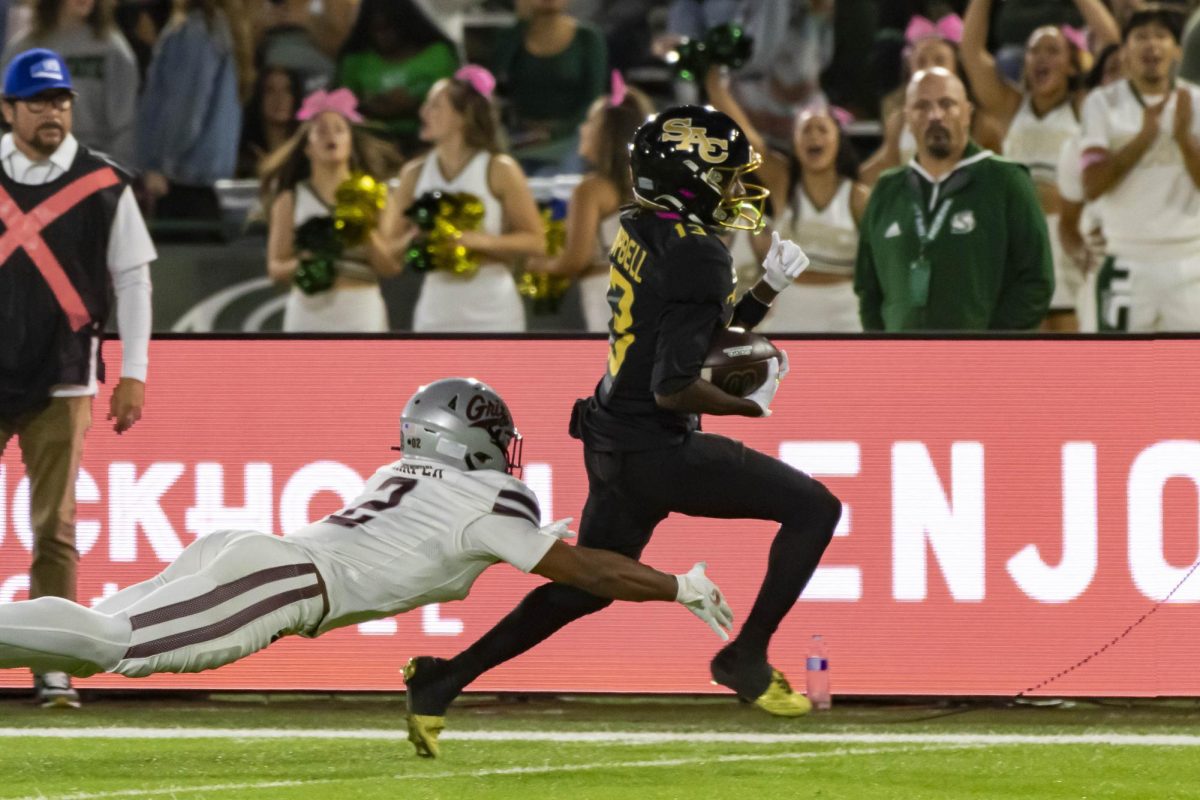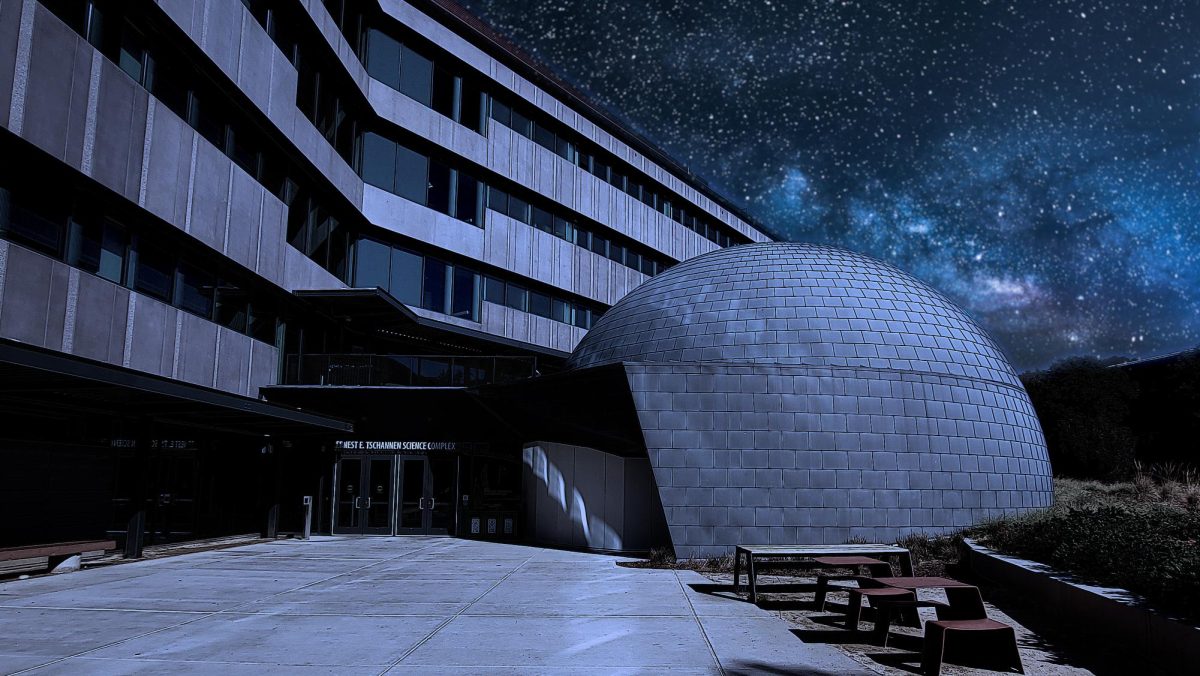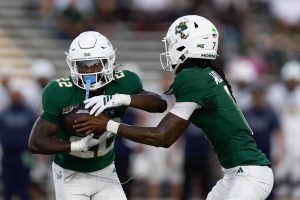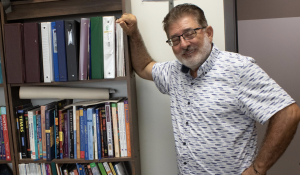One’s views are often shaped by their ethnicity
March 13, 2015
California is considered the second most diverse state in America; a country once given the nickname, “the melting pot.”
With such a rich history consisting of many different races and ethnicities, it is uncommon to meet someone who does not come from a different ethnic background than one’s self.
“Being mixed, I’m used to being around different ethnicities,” said Elena Monahann. “You don’t belong to a category.”
Monahann’s mother is Korean while her father is Irish and French-Canadian.
“I wasn’t taught Korean because my dad wanted my mom to assimilate to the American culture, so my mom and I speak English with each other,” Monahann said.
Sacramento State is a melting pot itself. Websites such as collegeboard.com list the demographics of each race that attend the university.
However, race only helps a person understand what the outer appearance of another is, while ethnicity explains their culture and background.
“People confuse the way I look and assume that I’m Filipino,” said Maria Zaragoza, a student whose parents are both Mexican. “I’m actually fluent in Spanish and would love to learn more about my culture one day.”
Despite how much times have changed, certain stereotypes have remained fixed across time when it comes to race and ethnicity.
“People assume that white people don’t get treated as bad and that stuff gets handed to you,” said Ashley Lukas, a half Swedish, half Austrian sophomore. “You shouldn’t make fun or make assumptions about anyone else’s ethnicity.”
The more diverse colleges become, the more curious students and professors become when it comes to different cultures. More ethnic study courses and language courses are being offered at universities across the country.
Students can learn about the history and the culture of a country their grandparents emigrated from or learn languages they have always dreamed of speaking.
“There’s more diversity nowadays and people are more curious about what you are and where you’re from,” said Monahann.
As open-minded as this generation is about learning more about those that come from different cultures as their own, there are the older generations who disagree.
“The Russians here can be too proud and close themselves in from other people,” said Peter Kovalchuk, a Ukrainian student originally from Moldova. “I consider myself more American; I’ve been here 16 years.”
Kovalchuk explains that he considers himself an American because he has come to embrace the different cultures that America has to offer.
“The most positive thing is you can take the good from each culture and learn something from each one,” said Kovalchuk. “Each generation is its own culture.”


























































































































